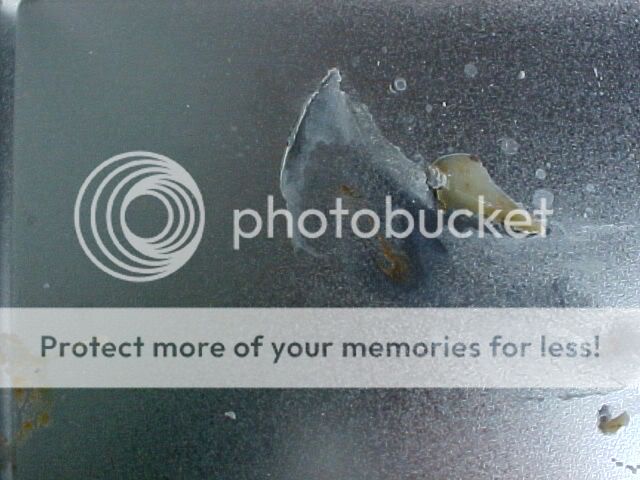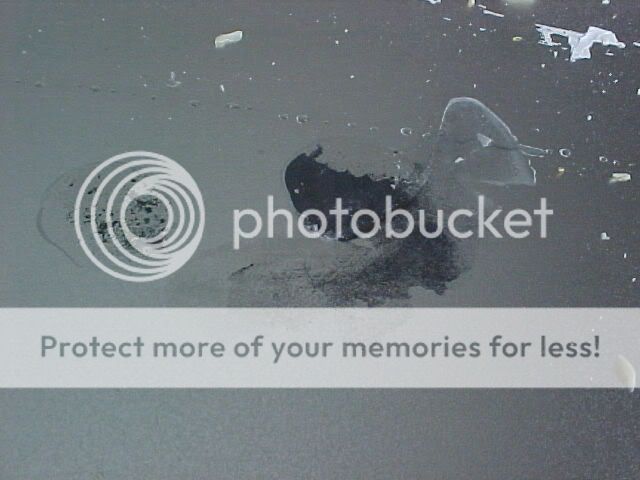emerald7
Member
A friend of mine & I just made our first batch of soap this week and it is curing. When we made it, we did the lye solution in a metal pot, and we heated the fats in a separate metal pot. After we turned the heat off we stirred them together in a metal pot. It was pretty foamy while we were stirring it... Is that normal? After we got done we read somewhere that you're not supposed to use metal in soapmaking. Is that right? what happens if you do? Thanks.






